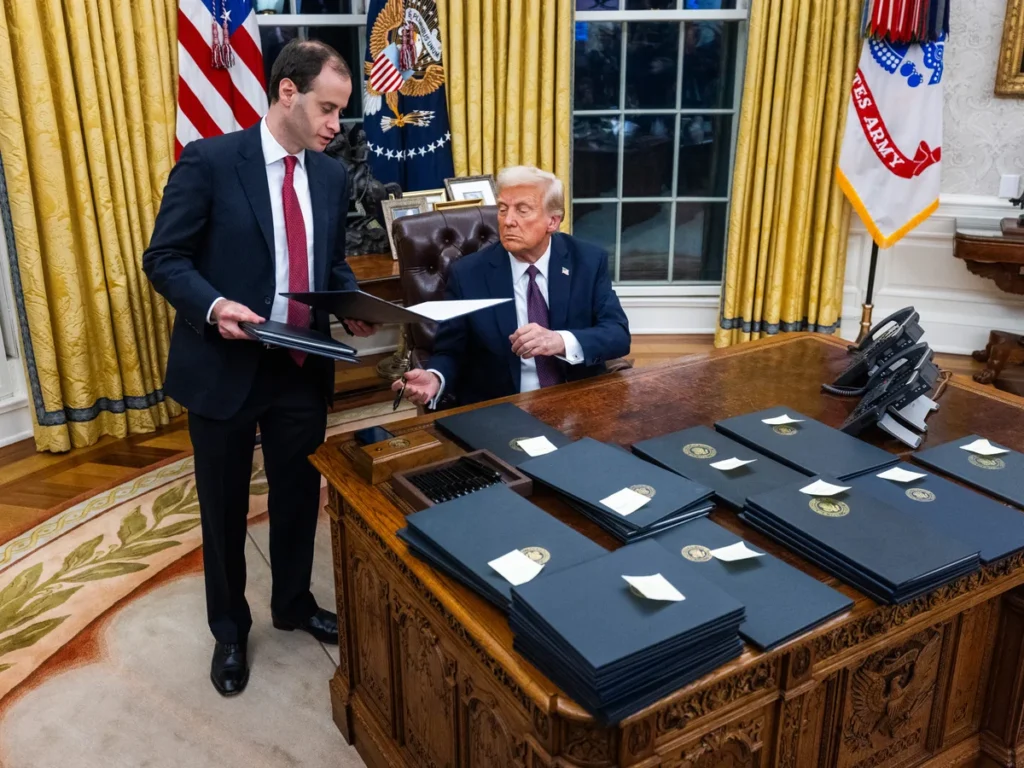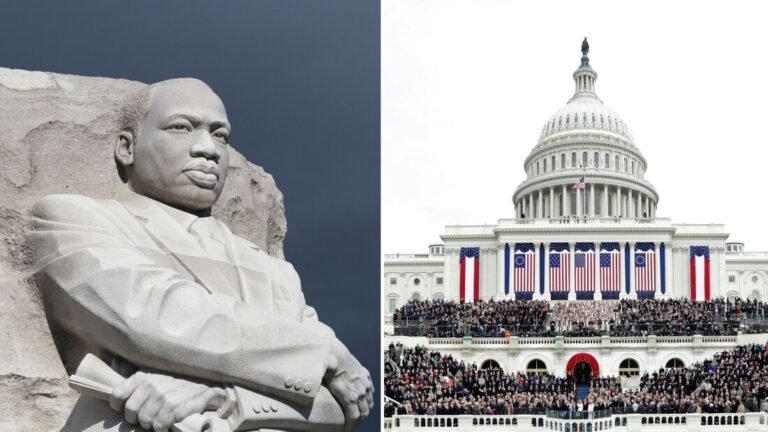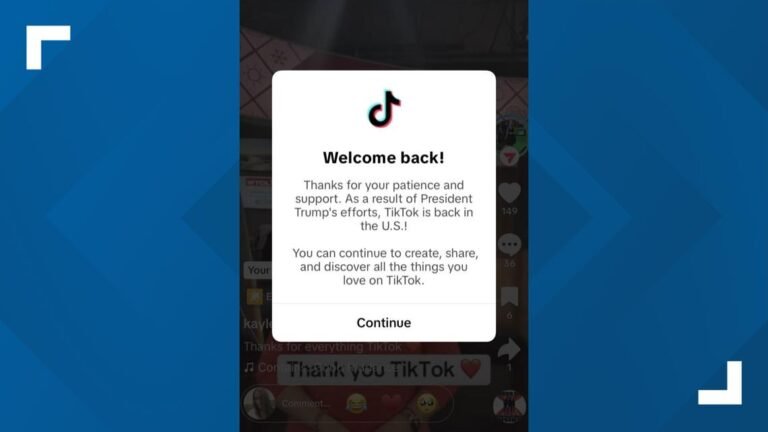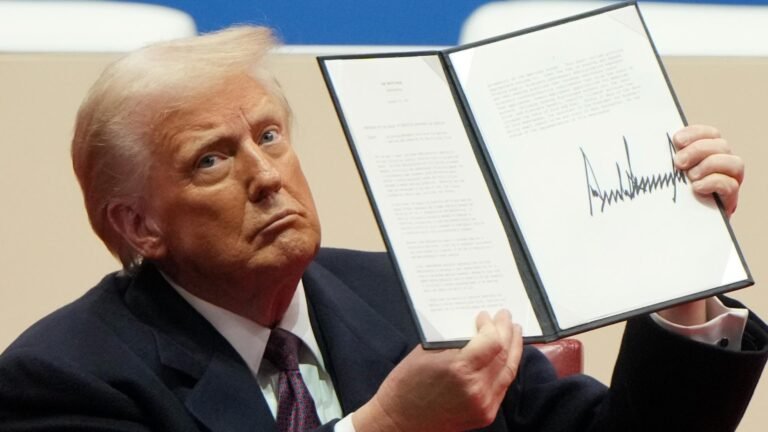
Trump’s Order Seeks to End Birthright Citizenship, Prompting Legal Challenges
In a controversial move, President Donald Trump signed an executive order on Monday night aiming to end birthright citizenship in the United States, sparking immediate backlash and legal challenges from immigrant rights groups. The order challenges the long-standing interpretation of the 14th Amendment, which has been the foundation of American citizenship laws for over a century.
The order directs federal agencies to deny U.S. citizenship to children born on U.S. soil if at least one parent is not an American citizen or a lawful permanent resident. This policy would apply to children born starting 30 days from the date the order was signed.
Legal Consensus and Supreme Court Precedent
Legal experts quickly raised concerns about the constitutionality of Trump’s order, citing the Supreme Court’s 1898 ruling in United States v. Wong Kim Ark. That decision established that children born in the U.S. to foreign parents are entitled to universal birthright citizenship under the 14th Amendment, with the sole exception being children of diplomats who enjoy immunity from U.S. laws.

“Neither the Constitution nor any federal statute confers any authority on the President to redefine American citizenship,” stated a lawsuit filed by immigrant rights groups on Monday night.
While most legal scholars agree that the Constitution guarantees citizenship to nearly everyone born on U.S. soil, a minority of conservative scholars argue that the 14th Amendment has been interpreted too broadly. They contend that the current Supreme Court, with its conservative majority, might reconsider this precedent.
Immediate Legal Challenges
The executive order was met with swift opposition. Less than two hours after it was signed, a coalition of immigrant rights organizations filed a lawsuit in federal court in New Hampshire. The plaintiffs, which include the New Hampshire Indonesian Community Support group and other organizations representing Latinos and so-called Dreamers, argue that the order violates both the Constitution and federal law.
“By attempting to limit the right to birthright citizenship, the order exceeds the President’s authority and runs afoul of the Constitution and federal statute,” the suit asserts.
The lawsuit also warns that Trump’s policy could leave some children stateless if their parents’ countries of origin do not recognize them as citizens.
Widespread Reaction
Civil rights organizations, including the ACLU and NAACP Legal Defense Fund, have pledged to fight the policy in court. State officials from California and Illinois have also signaled plans to file lawsuits against the administration, making this the first of what is expected to be a series of legal battles.
The executive order is part of Trump’s broader effort to reshape immigration policy in the U.S. His administration has previously targeted undocumented immigrants and sought to curtail legal immigration.
Implications for Immigration Policy
If enforced, the policy would significantly alter the fabric of American citizenship, challenging the principle of jus soli, or “right of the soil,” which grants citizenship to anyone born in the country regardless of their parents’ status. Legal analysts predict that the Supreme Court will ultimately decide the matter.
For now, the legal consensus remains firm: birthright citizenship is a constitutional guarantee. “The President does not have unilateral authority to rewrite the Constitution,” said Dr. Elena Marquez, an immigration law professor at Georgetown University.
The battle over Trump’s order is likely to dominate headlines and court dockets in the coming months. Advocates on both sides of the issue agree that the stakes are high, with implications not only for immigration policy but also for the broader interpretation of presidential power.
As lawsuits mount, the nation will watch closely to see whether this executive action marks a turning point in America’s centuries-old commitment to universal birthright citizenship.



